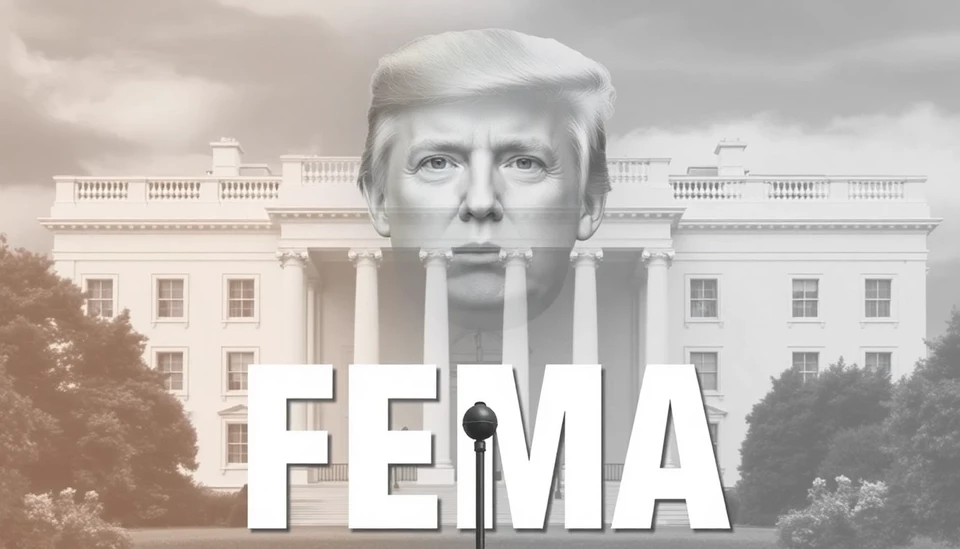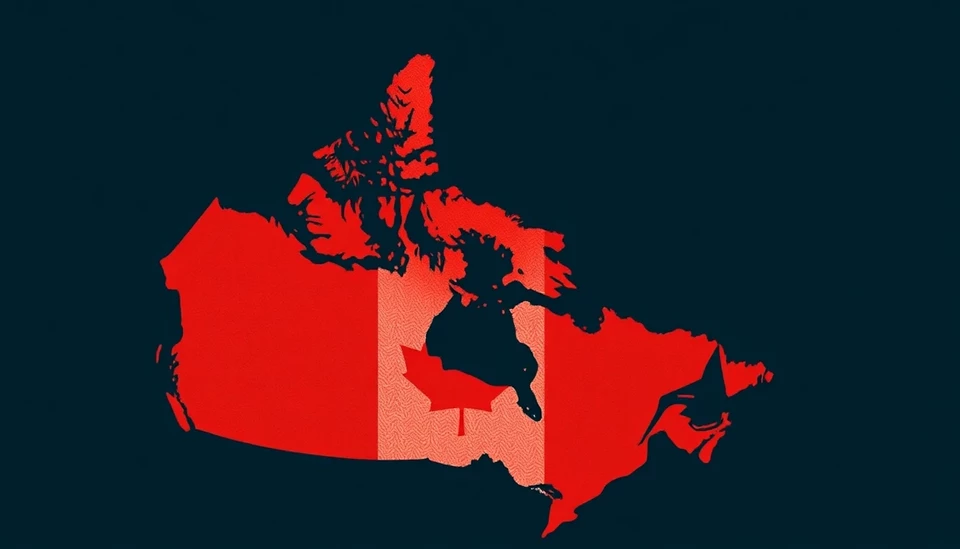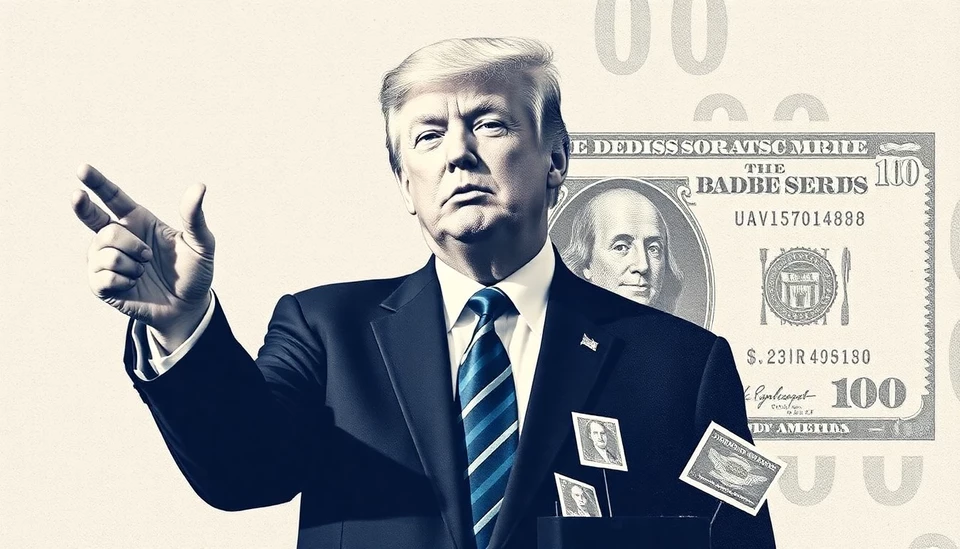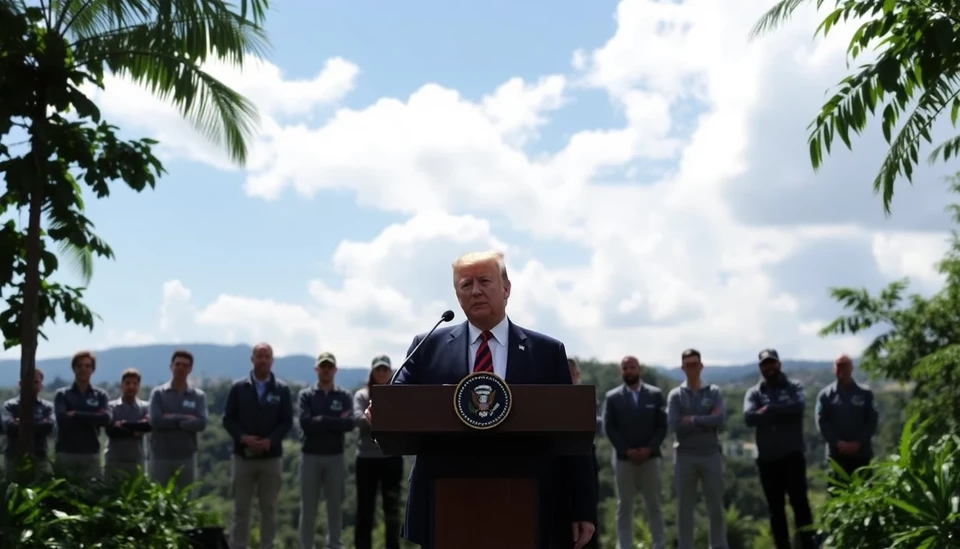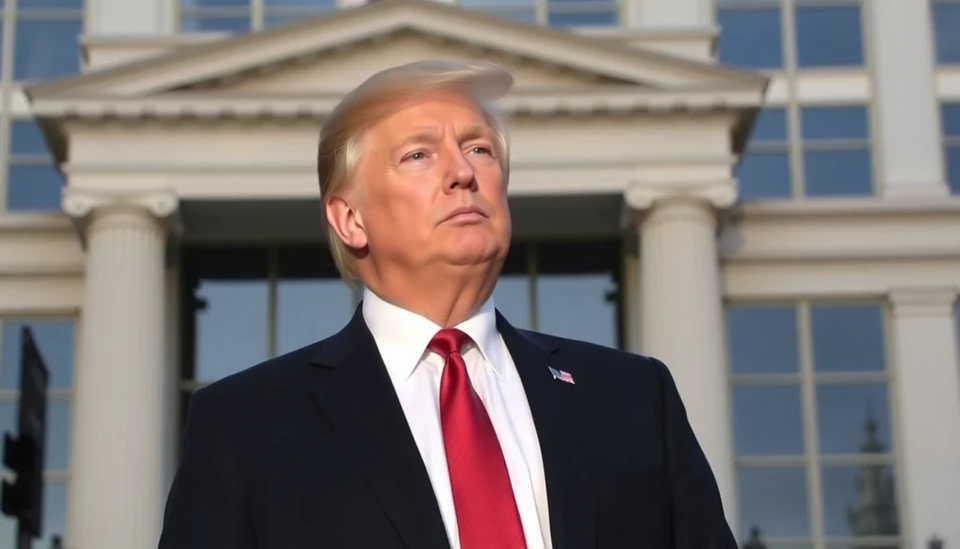
The recent election victory of Donald Trump has sent ripples through global financial markets, prompting economists and forecasters from the European Central Bank (ECB) to rethink their projections for interest rates in the eurozone. With the former President's return to power, questions are emerging about the potential impacts on monetary policies, inflation, and economic stability across Europe.
Analysts observed that Trump’s policies during his previous tenure were heavily focused on tax cuts and deregulation, which often led to increased spending. A return to such policies may reignite inflationary pressures, thus complicating the ECB's task of stabilizing prices in the region.
ECB officials, facing internal challenges over the efficacy of their current strategies, are now evaluating how they might need to adjust their interest rate outlook in light of an American economic revival driven by Trump’s policies. With the U.S. economy often influencing global trends, the ECB is keenly aware that any shift in the American financial landscape could lead to significant adjustments in their own rate-setting mechanisms.
Recent discussions among ECB forecasters have focused on the feasibility of lowering interest rates further in a climate where the U.S. might be moving towards expansionary financial policies. The potential triggering of inflation in the eurozone could lead to a situation where the ECB’s current target rate of inflation becomes unsustainable, necessitating a reevaluation of their rate reduction strategy.
Moreover, market responses have shown a mixed bag of reactions, with equities shifting and bond markets fluctuating as investors digest the implications of a Trump win. Some market analysts argue that such a political shift could mean a tightening of monetary policies sooner rather than later in Europe to counterbalance any inflation that could arise from U.S. economic growth spurred by Trump-administration-like initiatives.
In the wake of these developments, ECB President Christine Lagarde is expected to address the central bank's response and its strategic priorities in forthcoming meetings, especially considering that the ECB has been grappling with low interest rates for years. The need for a coherent strategy that addresses potential inflation without stifling growth will be paramount as the ECB navigates this uncertain economic landscape.
As the global financial community awaits the ECB's next moves, all eyes will undoubtedly be on the eurozone to see how it reacts to the complexities introduced by a Trump-led U.S. government and whether it will make radical shifts in interest rate policies that could affect economies worldwide.
In conclusion, as speculation mounts regarding the possible consequences of a Trump victory on European economic policies, the ECB's path forward remains fraught with challenges. The balance between supporting growth and curbing inflation will dictate the future direction of European monetary policy in the face of external influences.
#Trump2024 #ECB #MonetaryPolicy #Inflation #EurozoneEconomy #FinancialMarkets
Author: Daniel Foster
